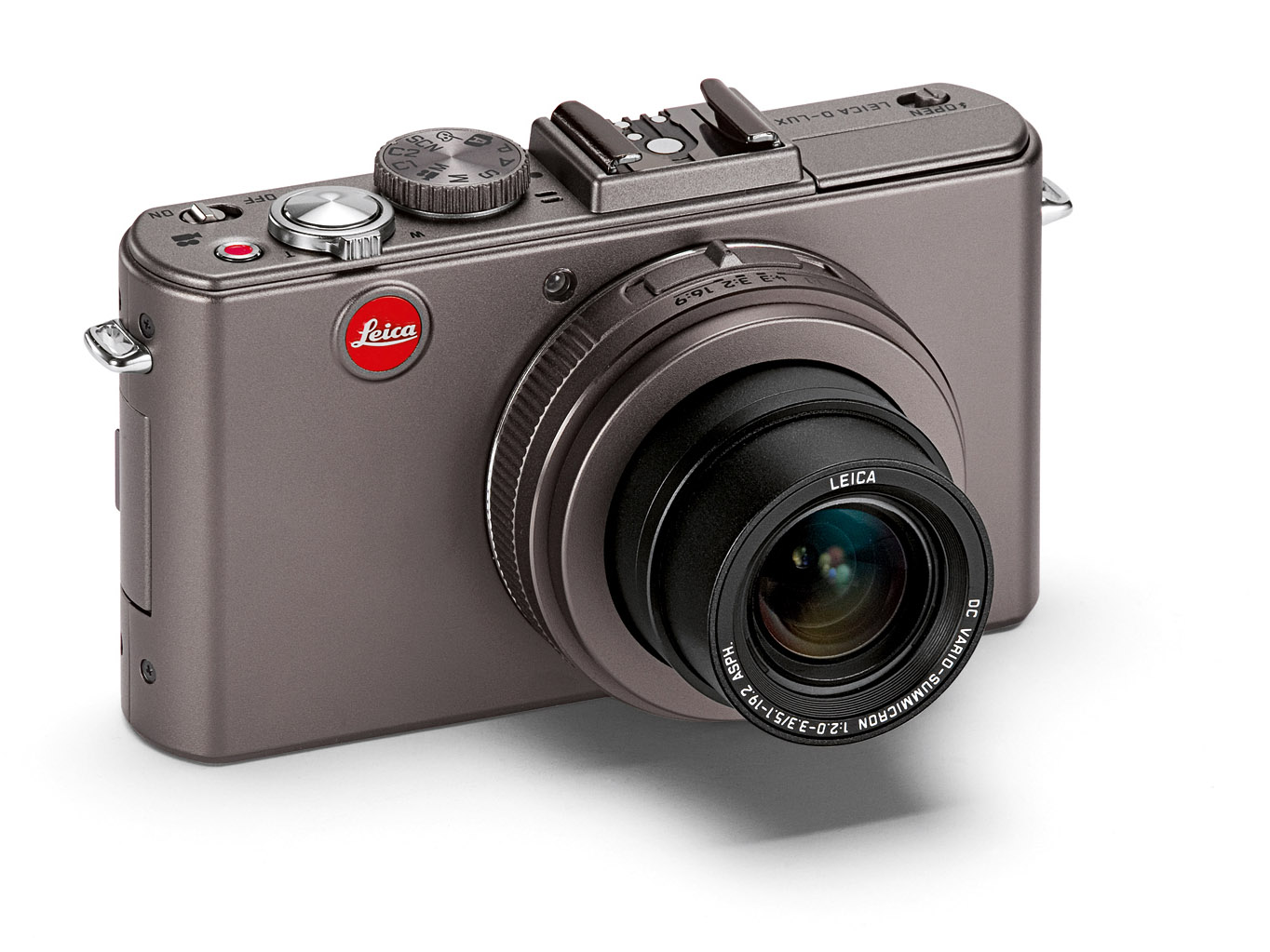TechRadar Verdict
Pros
- +
Metal body exudes class
- +
Feature-packed for a compact camera
- +
Film simulation and My Colour modes work in video and still modes
- +
Cheap for a Leica
Cons
- -
Expensive for a gloried snapshot camera
- -
No handgrip
- -
Video capture not quite instantaneous
- -
Movies shot not in Full HD
- -
Pictures suffer from pixel fringing and blown highlights
Why you can trust TechRadar
The Panasonic Lumix DMC-LX5 is one of our favourite premium grade compact cameras, which means our hopes for the nigh identical 10.1MP, 3.8x optical zoom Leica D-Lux 5 Titanium are as high as the price tag. Yes, owning a Leica camera with its famous little red dot logo costs a lot, with little concession made to market competitiveness.
The silver-grey metal Leica D-Lux 5 Titanium is, however, still one of the least expensive cameras to bear the brand's hallmark, costing £855 in the UK and $1,195 in the US, compared to the £1,400 or $2,000 Leica X1. Leica also throws in a luxurious matching leather carry case.
If the Leica D-Lux 5 Titanium still sounds prohibitively pricey, the regular Leica D-Lux 5 is a comparative bargain, at £650 or $800. Cheaper competitors include the Canon PowerShot S100, Canon PowerShot G12, Nikon Coolpix P7100 and Fuji FinePix X10.
Like the Panasonic Lumix LX5, the Leica D-Lux 5 Titanium features an 11.3MP, 1/1.63-inch CCD sensor at its core, plus a bright f/2.0 maximum aperture that, along with an ISO range topping out at ISO 12800, suggests this is an able tool for low-light photography.
The compact camera also captures 1280 x 720 pixels video at 30 frames per second (fps) in a choice of AVCHD or Motion JPEG formats, with a dedicated red record button above and to the right of the top plate.
Both still images and videos are composed with the aid of the 3-inch LCD screen at the back, which offers a clear 460k dot resolution. A vacant accessory port just above the display enables an optional electronic viewfinder to be attached.
A pop-up flash is sunk within the camera's top plate and manually activated by a thumb switch. As with the Panasonic Lumix DMC-LX5, we also get a vacant hotshoe on the Leica D-Lux 5 Titanium for an extra accessory flash.

When not wrestling wild bears or leaping tall buildings in a single bound, Gavin Stoker can be found editing British Photographic Industry News, the UK's longest running and only photo trade title. He has over 25 years of camera testing and reviewing under his belt.
